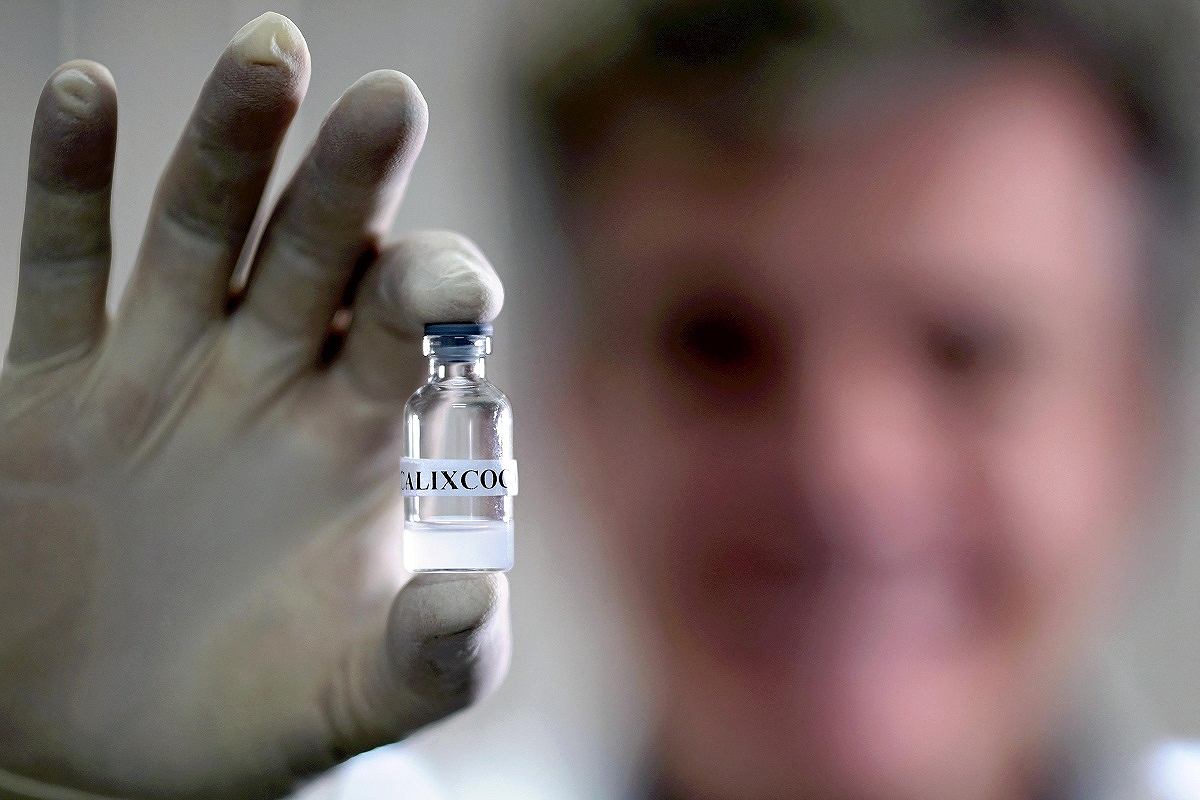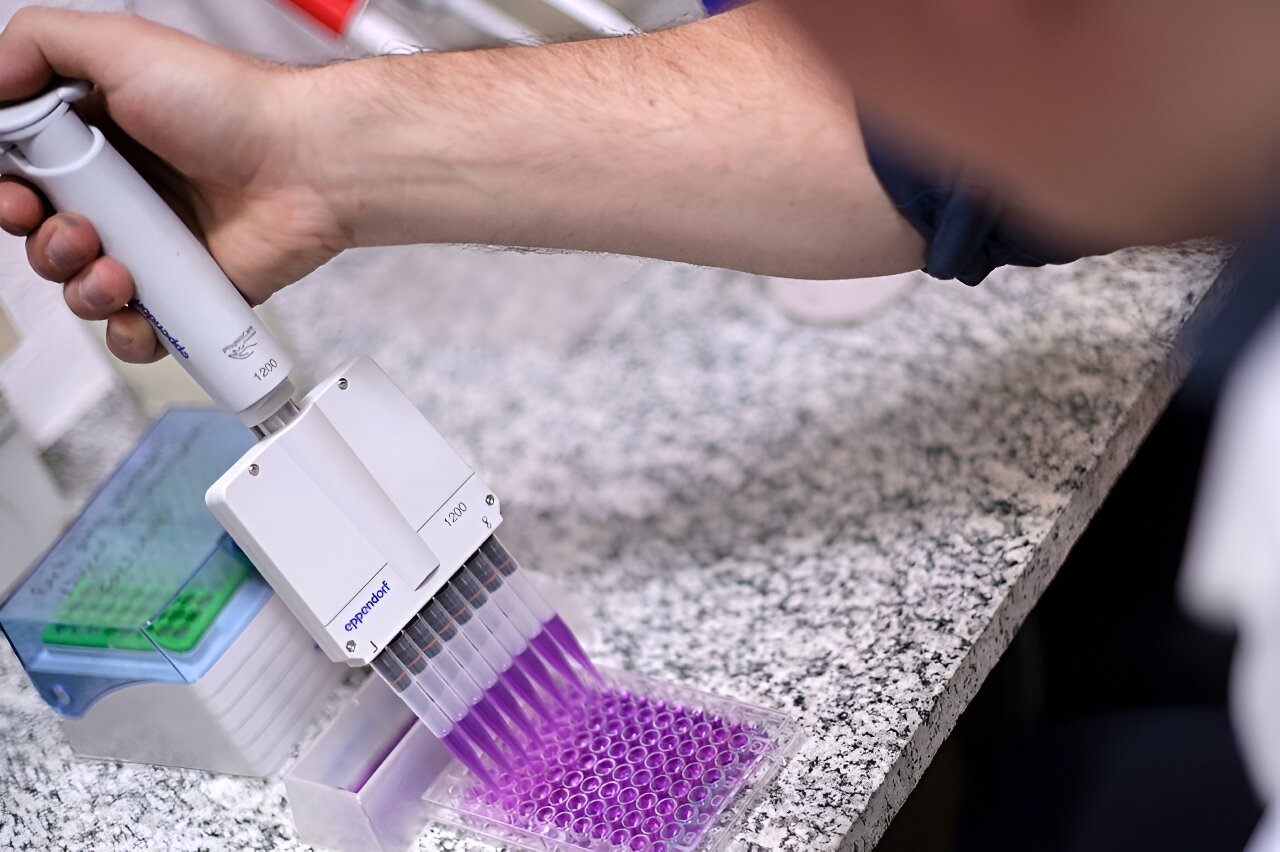Researchers in Brazil have developed a vaccine aimed at combating addiction to cocaine and its potent derivative crack.
The vaccine, named Calixcoca, was created by a team at Brazil’s Federal University of Minas Gerais.
Initial tests on animals showed promising results, and the vaccine is now poised to enter human trials.
If approved by regulatory authorities, Calixcoca would mark a groundbreaking milestone as the first vaccine intended to tackle cocaine addiction, according to Frederico Garcia, the research team’s coordinator and a psychiatrist.
Garcia explained to Agence France-Presse that the vaccine operates by stimulating the production of anti-cocaine antibodies in the body.
These antibodies bind to cocaine molecules, rendering them too large to cross into the brain’s mesolimbic system, also known as the “reward center,” where cocaine typically triggers the release of dopamine, inducing feelings of pleasure.

Additionally, early testing suggests that the vaccine could potentially lower the risk of overdose. By binding to cocaine molecules, the antibodies prevent them from exerting their effects on the heart and arteries.
Furthermore, tests on pregnant rats indicated that these antibodies can be transferred through maternal milk, suggesting that the vaccine might offer protection to nursing infants as well.
Despite these promising developments, Garcia cautioned that the vaccine is not a cure-all solution.
He emphasized that its primary benefit would be in supporting recovering addicts who are committed to avoiding relapse after completing rehabilitation.
Clinical trials overseen by Brazil’s health regulator, Anvisa, will be essential to determine the vaccine’s efficacy, identify any potential side effects, and assess its long-term impact on patients’ health.
Recently, the research team received a $530,000 award in recognition of their efforts, sponsored by the Brazil-based pharmaceutical company Eurofarma.
